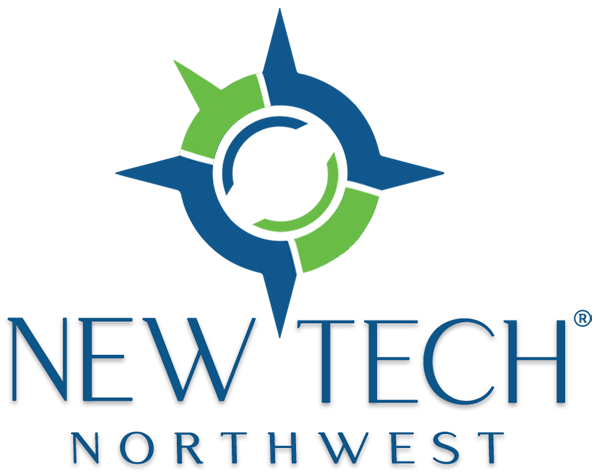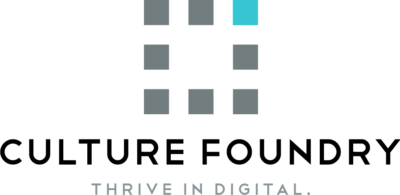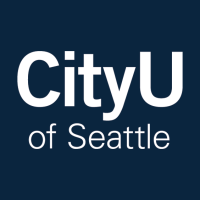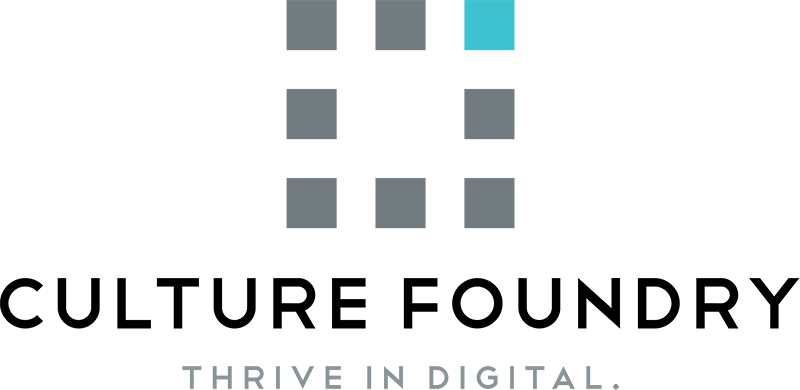Last week we started a discussion with Christy Johnson about DEI being more important than ever in work environments. Please enjoy part two:
How would you suggest that employees navigate this need for flexibility, whether it’s caring for a child or an elderly parent?
A lot of this comes down to the company’s leadership. Even in the best of times, most employees have a conflict between work and family. This is an instance where being intentional with some flexibility can help. In some ways this could be a great equalizer because at the end of the day what’s demonstrated is the results. Did you deliver X lines of code? How many errors were there? If you can demonstrate that you’re able to get the results, I think that’s a great way to go into the conversation with a boss.
For example, “I’ve been able to get this done and this is how I’ve been crafting my schedule because of child or elder care constraints – and I still need this flexibility – but here are the results I will be able to deliver.” In organizations where employees can quantify this, I think there are really great cases to be made to managers.
In fact, I’ve talked with many tech companies that have said productivity has gone up because their employees are not interrupted all the time. And they can shift their day to when they work best. Maybe you’re more creative in the morning or more productive late at night, versus the expectation that you be in the office from 8 a.m. to 5 p.m.
And how can managers be prepared to have these conversations with employees?
From a leadership standpoint, you could use this time to give managers and bosses tools to support employees who ask for flexibility. Having communication protocols in place could go a long way. Organizations that are investing in their managers at this time will be best prepared for these types of conversations with employees. Managing in a remote environment is very different, and there are things that can be done to be more inclusive during this time.
What can leaders do to continue promoting DEI in these difficult times?
For data-driven organizations, they may take a look at whose jobs are being eliminated across lines of gender, race, and even caregiving status. Are you laying off or furloughing jobs in certain categories more than the overall population of your workforce? If so, that might be a sign that some biases exist. Another important thing for leaders to keep an eye on is workplace bullying. Resources are scarce right now and are likely to become even more scarce. Leaders should be aware that these issues can come up at times like this and need to monitor for them.
There are also some low-risk and research-based actions that companies can take. For example, employers could create an initial applicant screening that is free of gender bias. They could also seek diversity in the applicant pool and evaluate the candidates as a pool. Other steps they could take include offering paid family leave, onsite or subsidized child care, as well as back up care and childcare referral care services. In addition, employers could also consider providing structural support to move women up the talent pipeline. Lastly, as noted earlier, I might suggest that they train managers to manage a flexible workforce and results, not politicking or facetime.
Any closing thoughts on where things are headed?
I think coming out of this we’re going to see a very different work model. Companies that are creative will use this time to get ahead and engage diverse talent and make them feel like they belong in a remote environment. That will hopefully help these companies have better products and services in the long run.
Thank you so much, Christy! We appreciate you taking the time to share your insights on such an important topic with our community!






























































































